Search
Remove Ads
Advertisement
Summary 
Loading AI-generated summary based on World History Encyclopedia articles ...
Search Results

Definition
William Wallace
Sir William Wallace (c. 1270-1305) was a Scottish knight and national hero who fought for his country's independence from England. Wallace famously led the Scots to victory against a larger English army at the Battle of Stirling Bridge in...
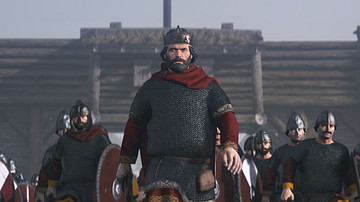
Definition
Alfred the Great
Alfred the Great (r. 871-899 CE) was the king of Wessex in Britain but came to be known as King of the Anglo-Saxons after his military victories over Viking adversaries and later successful negotiations with them. He is the best-known Anglo-Saxon...

Article
Battle of Edington
The Battle of Edington, fought in May 878 in southwest England, saw Alfred the Great, King of Wessex (r. 871-899), win a decisive victory over the Viking leader Guthrum (d. 890). Two weeks later, under the terms of the Treaty of Wedmore...
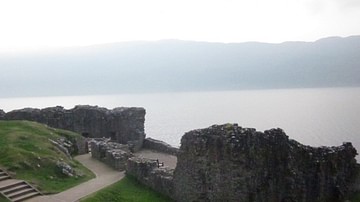
Article
Monsters & Heroes of Scotland: Urquhart Castle on Loch Ness
Loch Ness is one of the most beautiful lakes in Scotland and no one needs the attraction of the mythical monster to enjoy a visit. The majestic ruins of Urquhart Castle and scenic landscape should be enough of a draw – but there is also the...
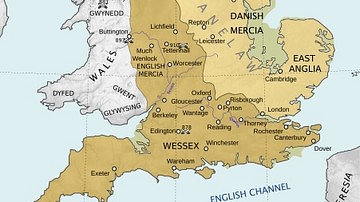
Definition
Aethelred, Lord of the Mercians
Aethelred ruled as Lord of the Mercians from c. 881 to 911 and was a key military leader in the fight against Viking conquest and settlement in England. To defend Mercia, he allied himself to the powerful Kingdom of Wessex under the leadership...
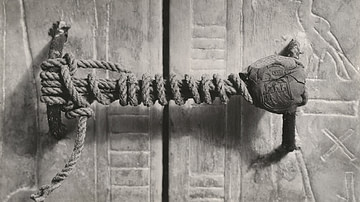
Article
The Mummy's Curse: Tutankhamun's Tomb & the Modern-Day Media
Howard Carter's 1922 CE discovery of the tomb of Tutankhamun was world-wide news but, following fast upon it, the story of the mummy's curse (also known as The Curse of the Pharaoh) became even more popular and continues to be in the present...
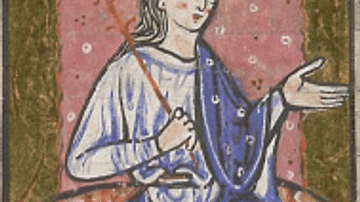
Definition
Aethelflaed, Lady of the Mercians
Aethelflaed (r. 911-918 CE) was the daughter of King Alfred the Great of Wessex (r. 871-899 CE) and became queen of Mercia following the death of her husband Aethelred, Lord of the Mercians (r. 883-911 CE). She is best known as the “Lady...

Definition
Alfred Sisley
Alfred Sisley (1839-1899) was a Franco-British impressionist painter. Known for his landscapes, which often present nature in a subdued light, he participated in the impressionist exhibitions in Paris in the 1870s but struggled to make a...
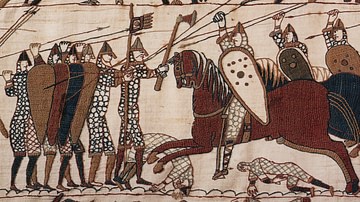
Definition
Anglo-Saxon Warfare
Anglo-Saxon warfare was characterised by frequent and violent conflicts between petty kings, which ultimately led to the rise of larger kingdoms such as the Kingdom of Mercia, the Kingdom of Northumbria, and the Kingdom of Wessex. In early...

Definition
Alfred Rosenberg - The Infamous Nazi Race Theorist
Alfred Rosenberg (1893-1946) was an Estonian-born Nazi who propounded anti-Semitic racial theory and anti-Christian values. Rosenberg's theories matched those of the leader of Nazi Germany Adolf Hitler (1889-1945) and were used to justify...